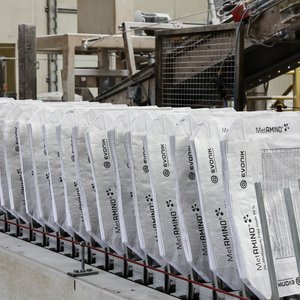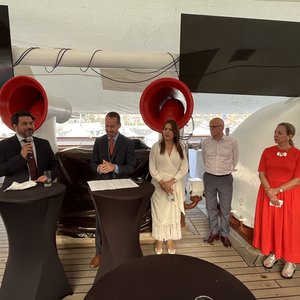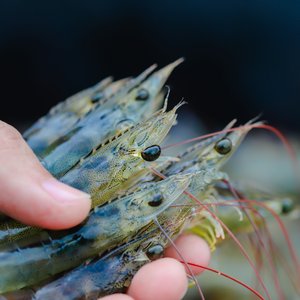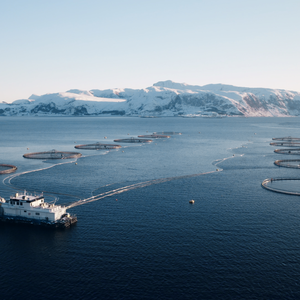Ocean Stewards: Proposed Bill Deprives Gulf of “Common Sense Reprieve”
The Ocean Stewards Institute today stated that the legislation recently proposed by Senator Vitter (R-Louisiana), titled the “Research and Aquaculture Opportunity and Responsibility Act,” actually “squashes opportunity and fails to accept responsibility.” The legislation seeks to impose a three-and-a-half year freeze on the issuance of aquaculture permits in Federal waters.
Ocean Stewards President, Neil Anthony Sims said that Vitter’s bill can only further squash the opportunity for increasing U.S. seafood supplies, and is further evidence of America’s failure to accept responsibility for what we eat. Over 80% of US seafood is imported from overseas, and seafood is second only to oil in terms of contributions to America’s trade deficit for natural products.
“Just as our President sees the Deep Water Horizon tragedy as a wake-up call for America to seek secure, sustainable energy from domestic sources,” said Sims, “so should we view the marine ecosystem consequences of the Gulf slick as a wake-up call for creating secure, sustainable domestic sources of seafood. And open ocean mariculture is our best hope.”
The Ocean Stewards asserted that responsible open ocean mariculture is precisely the kind of “common sense reprieve” that Sen. Vitter claims to seek for vital marine ecosystems. “We share the Senator’s concerns with the plight of Gulf fishermen, but open ocean mariculture can provide stable employment for displaced fishermen, and can protect working waterfronts. Open ocean mariculture provides consumers with assurances of product quality, and can alleviate pressure on wild fish stocks”, said Sims.
Sims pointed to the substantial evidence from existing open ocean operations that have shown no measureable environmental impact beyond the immediate net pen area.
“Sustainable mariculture is up to 60 times more efficient use of marine resources than fisheries targeting the top of the wild food chain, such as for grouper or snapper”, said Sims.
“Maricultured fish result in no by-catch, and require no destructive bottom-trawling – the net pens actually act as FADs, to enhance recreational fisheries.”
Senator Vitter’s claim that there is need for more study of potential environmental impacts runs counter to findings from thorough scientific studies. The Pew-Woods Hole Commission, the Congressional Research Office, and NOAA’s recent listening sessions have all overwhelmingly urged mariculture to move forward in Federal waters under a comprehensive regulatory framework. The Ocean Stewards support NOAA taking the lead in establishing such a framework.
See related article: U.S. Sen. David Vitter Introduces Aquaculture Bill to applause from FWW










